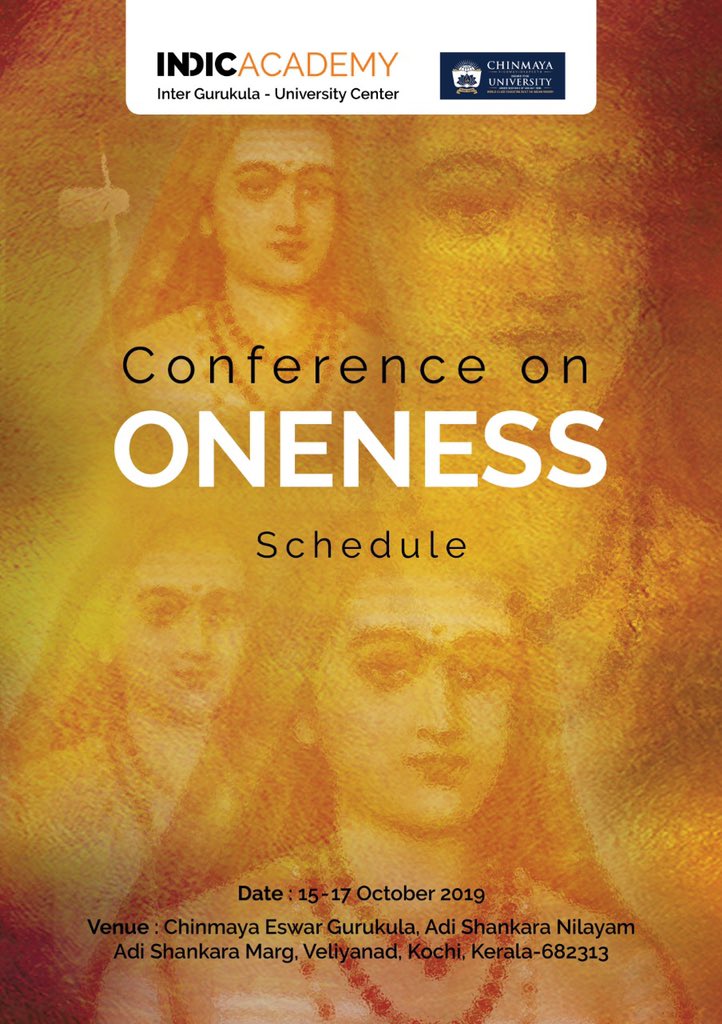
The paradox is that the embodiment of the Self does not, in truth, exist which comes not through a physical process but through a cognitive condition whereby the Self morphs as the body and erroneously believes the body to be the self.
https://twitter.com/IndicaOrg/status/1447575765034303492
Self’s embodiment through a cognitive condition forms a core tenet in all the six systems of Indian philosophy with slight variations.
Embodiment persists so long as the erroneous cognitive condition persists; hence, right-knowledge confers liberation. Thus, when the erroneous cognition dispels, one is set free from the shackles of bondage (to the body) and to the cycles of birth and death.
The mind, in a process called vrtti, assumes the form of the target object during a conceptual act. The mind forms a vrtti both when it mentally constructs an object or when it contacts an external object to assume its form.
Perception is thus a composite process in which the Self, the mind, and the sense organs together establish a contact with the object.
Perception is direct and reveals the object in its actual form. Contact is instantaneous since the all-pervasive consciousness that appears within the body is the same consciousness that exists everywhere.
Hence, perception is nothing more than the removal of the covering of maya over the individual consciousness to reveal the conjunction that already exists with the object.
Read the complete review of the book here: pragyata.com/on-the-existen…
You can purchase the book here: amzn.to/2YBWcgq
@Pragyata_
You can purchase the book here: amzn.to/2YBWcgq
@Pragyata_
• • •
Missing some Tweet in this thread? You can try to
force a refresh







